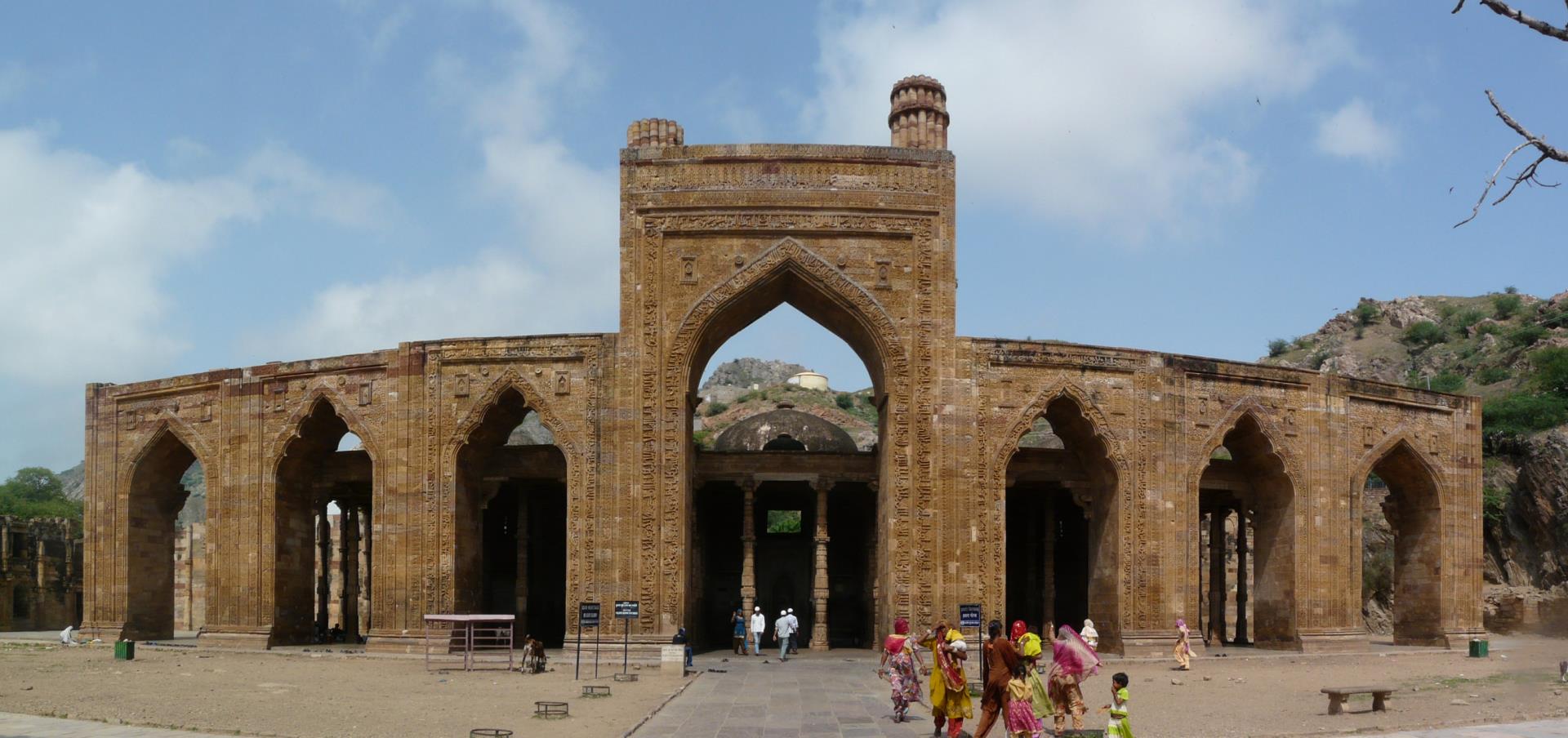
Sorry, we couldn't find anything that matches your search.
Destination

Famous Places to Explore in Hyderabad
A vibrant city with the imposing...

Raipur Tourist Places | Best Place to Visit
The stronghold of several erstwhile...

Ahmedabad
Declared as India's first UNESCO World...
#
Miniature Paintings
Exquisite miniature paintings of Rajasthan are a must-buy in Ajmer. Their depiction of legends, historical periods and fine brush strokes have made them quite popular. These paintings depict accentuated facial features like large and curving eyes with rolling clouds in the background. Kishangarh Painting, a style of Indian painting that dates back to the 18th century is popular across Ajmer. The subjects of the Kishangarh paintings are mostly shown working in large panoramic landscapes.

Leather work
The city of Ajmer is noted for its leather work, which is practiced by local artisans using traditional and modern techniques. The villages of Jawaja and Harmada are the main centres for manufacturing of leather goods. The artisans of Harmada specialise in making leather chairs, wallets, hand bags and jutis that have hand embroidery (kashida) done on them. Designer handbags, purses, belts, hats, stools and collapsible chairs with graphic embroideries made from leather at Tilonia village are also popular nationwide. Tourists can look out for mojaris or jutis that are unique to the state. To make them, leather is embroidered, punched, studded and stitched in a number of appealing designs and patterns. Leather is also used in making musical instruments like dhol and tabla (percussion instruments), which are used by the folk musicians of Rajasthan.

Qawwali Ajmer's folk music
The qawwalis and qawwals of Ajmer are famous across the world. A popular dance form, qawwali attracts tourists in numbers and allows them to experience the ecstasy of the city. The word 'qawwali' is derived from the Arabic word 'qawol', which means an axiom based upon religious subjects that helps in the purification of thoughts.
It became popular in India in 13th century and posteriors of well-known qawwals have been residing in Ajmer since then. Qawwalis praising Allah are sung by devotional singers (qawwals) inside Ajmer Sharif Dargah hall, which is known as Mehfil-e- Sama. Usually, qawwali performances take place from 7 pm to 11 pm every day and make for an amazing experience. Tourists can watch singers from different parts of the world come together to sing praises of the lord through their qawwalis. The best time to enjoy qawwali of Ajmer is during the annual Urs festival, which is held at the Dargah every year to commemorate the death of sufi saint, Khwaja Moinuddin Chishti. A number of qawwali functions are held within the Dargah complex during this time and attending them is a truly divine experience.







